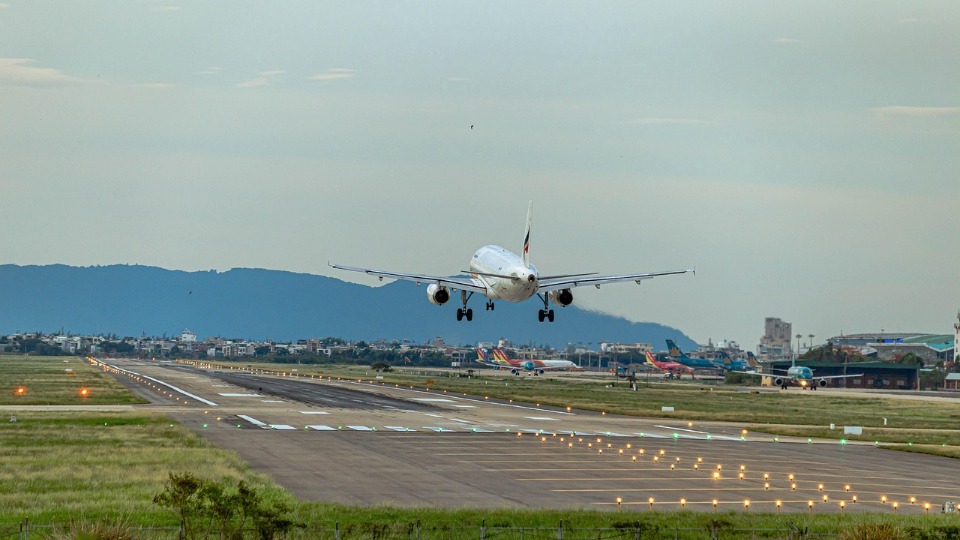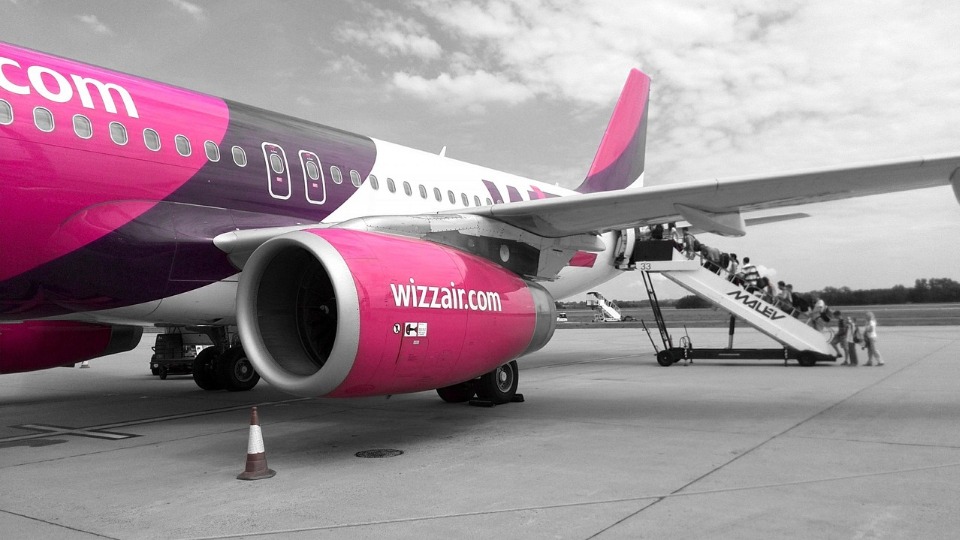
Railway Travel Surges in Europe and Asia Amid Growing Emphasis on Sustainability

Train reservations through the Trip.com Group are surging for travel across Europe and Asia, as an increasing number of travelers seek the "optimal sustainable voyage."
In this context, Dennis Li, the CEO of International Train Ticket at Trip.com Group, emphasized the truly global nature of their customer base. SchengenVisaInfo.com reports that 50 percent of their customers are under the age of 35.
Furthermore, it was disclosed that over 16 million individuals have embraced eco-conscious travel choices, with Generation Z exhibiting the most pronounced preference for sustainable products. They are increasingly opting for train travel, as opposed to other age demographics.
Li also noted that in late 2021, Trainpal introduced PalGreen Energy, a feature that enables users to monitor the reduction of carbon emissions achieved by selecting train travel across various platforms. As a result, since its inception, over five million travelers have been inspired to opt for train travel, leading to a collective reduction of more than 60,000 metric tons of CO2 emissions.
According to Li, one year after incorporating green tourism initiatives into Trip.com, sustainable travel offerings have been integrated into multiple business sectors, including trains, flights, car rentals, and corporate travel.
"Meanwhile, split ticketing in the United Kingdom has become one of the best-received features," added Dennis Li, CEO of International Train Ticket at Trip.com Group.
Previously, Europe had committed to lowering carbon emissions by transitioning from domestic flights to rail travel.
A study conducted by Mabarian, a firm specializing in Tourism Intelligence, indicates that there is an opportunity to annually reduce one million metric tons of CO2 emissions by substituting short-haul flights covering distances of less than 2.5 hours or up to 500 km with high-speed trains.
Statistics provided by Eurostat, the European Office for Statistics, reveal that from 2015 to 2019, there was a consistent increase in passenger transportation demand, resulting in a cumulative rise of 10.2 percent.
This growth reached its zenith in 2019, recording a peak of 414 billion passenger kilometers (pkm). Nevertheless, stringent measures and a reduced number of operational trains since March 2020 led to a substantial decline in rail passenger transport across all EU Member States.
Compared to the previous year, rail passenger transport experienced a remarkable 46.0 percent drop in performance, plummeting to 224 billion pkm. The most significant declines occurred during the second and fourth quarters of 2020, with reductions of 73.7 percent and 53.8 percent, respectively, in comparison to the corresponding periods in 2019.
Source: schengenvisainfo.com








